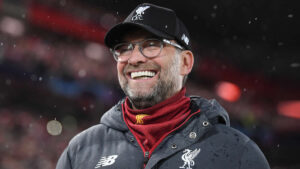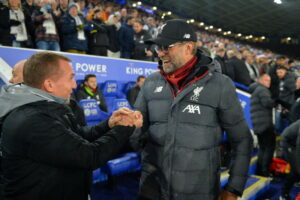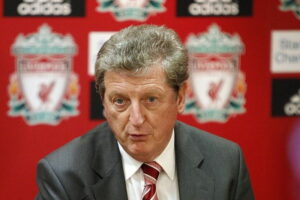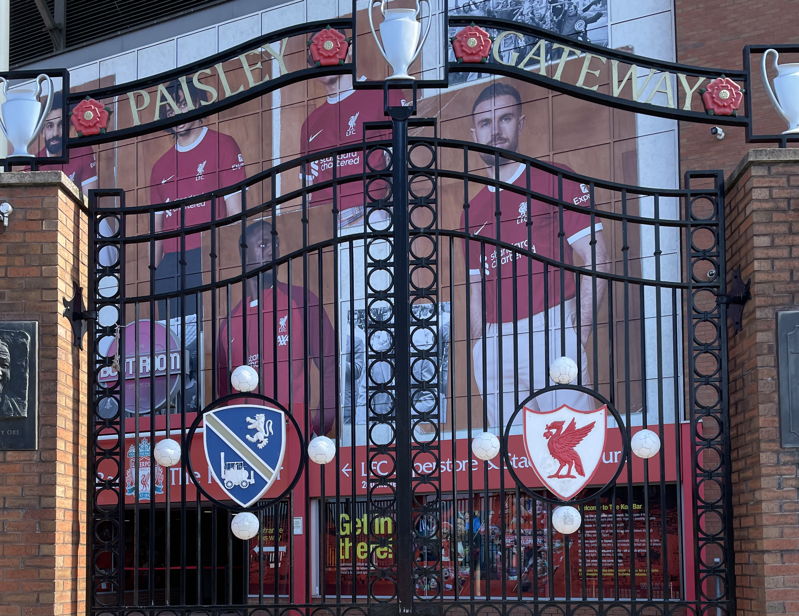
Following Bill Shankly was seen as being a poisoned chalice by many in the world of football. The Scot had revolutionised Liverpool, turning the Reds from a team bouncing between divisions into one of the best sides in the country. He established Liverpool as a force on the domestic front, putting the groundwork in place for most of the things that we understand to be the framework for the football club in the modern day. When the board approached Bob Paisley to replace ‘Shanks’ he was initially reluctant, perhaps because he didn’t understand why the great man was retiring.
In the end, though, Paisley agreed and would go on to be one of the best managers that the English game had ever seen. Whilst Alex Ferguson’s time at Manchester United was obviously incredibly successful, even he couldn’t beat what Paisley managed to do in a far shorter period of time.
Paisley took what Shankly had done on the domestic front and did it on the international stage, seeing the Reds win European Cup after European Cup whilst still winning trophies at home. It wasn’t a bad achievement for a lad from County Durham’s mining village of Hetton-le-Hole.
Arriving At Liverpool
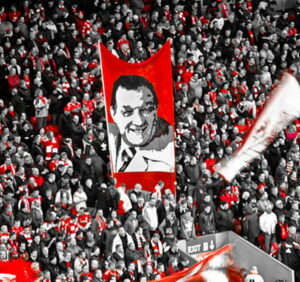
Born on the 23rd of January in 1919, Bob Paisley later said that Hetton-le-Hole was a ‘close-knit community where coal was king and football was religion’. It is perhaps not all that surprising, therefore, that he played the game, having grown up in difficult circumstances as was common for working-class families at the time.
He first demonstrated an aptitude for football at Eppleton Primary School, helping the team he played for win 17 trophies in four years. When he left school at 14 he initially worked in the pit with his father, but when the mine was closed he had to re-train as a bricklayer.
He had joined Hetton Football Club in 1933, attracting notice as a member of the junior team. He dreamt of playing for nearby Sunderland but they rejected him on account of the fact that was ‘too small’. As a result, he signed for Bishop Auckland ahead of the 1937-1938 campaign, being paid the princely sum of three shillings and sixpence per game.
He signed for them for two seasons, eventually catching the eye of Liverpool, signing for the Reds in the May of 1939 when he was 19-years-old. His decision to sign for the Reds came about even though Sunderland had changed their mind and made an approach of their own.
A Career Interrupted by War
Paisley played his las match for the Bishops in the final of the Durham County Challenge Cup against South Shields. That was on the Saturday and on the Monday he travelled to Merseyside by train. He was paid £25 to sign for Liverpool, getting £8 a week in the season and £6 per week during the summer.
At the start of the 1939-1940 season, Paisley took part in pre-season preparations and played in two reserve games, but all competitions ended up being cancelled after war was announced on the third of September. Paisley had been taken under the wing of Liverpool captain Matt Busby.
The Football Association told clubs that they could play friendly matches as long as they were outside evacuated areas, with Paisley taking part in as many as 34 of them over a two year period, scoring ten goals. He was called up to the Army to join the Royal Artillery, becoming a gunner in the 73rd Medium Regiment. He was stationed in several places around the United Kingdom, including one that was around 30 miles from Anfield. He was captain of the 73rd’s football team and there was a feeling amongst some that his football skills saved him from being posted to the Far East.
He continued to take part in various sports teams during his time in the Army, playing football as well as the likes of hockey and cricket when posted to Cairo. In 1944, a year after learning that his brother had died, Paisley was involved in the liberation of Rome, riding into the Italia capital on the top of a tank; something that would be relevant again more than 30 years later.
He eventually returned to England in 1945 and remained at Woolwich Arsenal until he was demobbed. Although football resumed for the 1945-1946 season, it was not a normal season because the war had only recently ended.
Paisley Becomes a Coach
There is little doubt that Bob Paisley’s playing career was severely disrupted by the war, with the left-half not making his full debut until January of 1946. In his first full season post-war, Paisley helped the Reds win the title thanks to 34 appearances across the 42-match season. In 1954, Paisley decided to retire as a player and joined up with the Liverpool coaching staff.
It was said that the self-trained physiotherapist could diagnose a player’s injury just by looking at them. He initially became the reserve team coach, then moved to first-team trainer when Albert Shelley retired in 1959.
Bill Shankly’s arrival as manager in December of that year changed the club’s fortunes entirely, with the pair getting on ‘like a house on fire’. Paisley soon became a trusted part of Shankly’s backroom staff, with Reuben Bennett and Joe Fagan also remaining on at the club. He was seen as being the perfect counterbalance to Shankly, never threatening the Scot’s authority but always there to offer him counsel.
He was an unassuming character who was happy to play second fiddle to the showman that was Bill Shankly, with the Scot acting as the motivational force and Paisley the tactical genius.
Bob Paisley Takes Over From Bill Shankly
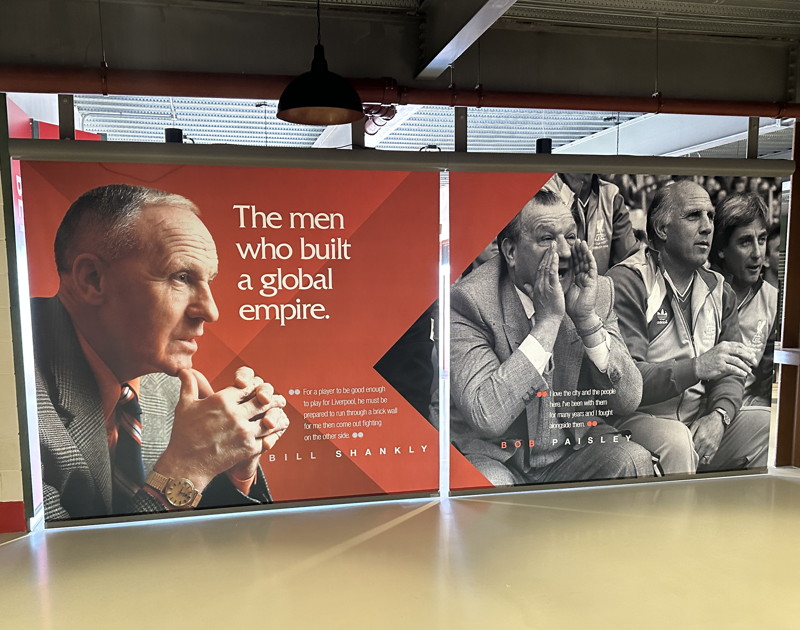
Under the management of Bill Shankly and his faithful assistant Bob Paisley, Liverpool won three First Division titles, a Second Division title, two FA Cups and the UEFA Cup. In the wake of winning their second FA Cup in 1974, Shankly decided that it was time for him to move on. The Liverpool directors needed to find someone to replace him an offered the job to Paisley, hoping that it would allow for some sort of continuity to proceedings.
He was reluctant to take on the role, initially trying to persuade Shankly to change his mind. The Scot wasn’t to be deterred however.
Shanks and Bob Paisley, Blackburn Rovers v Liverpool Ewood Park July 1971 pic.twitter.com/RzLAr70Uzo
— AndyJFT97 🔴⚪️ (@Andybrawn6) November 10, 2023
Paisley took on the mantle of manager and in his first season the Reds came second in the league. A year later, though, it was a different story, with Liverpool winning the league and adding the UEFA Cup to their cabinet. It was the start of a period of domestic and European dominance for Liverpool.
With the northerner as manager, the Reds only finished lower than second in the league once. Ahead of his first league game as manager, Paisley was asked by the press what Shankly was up to. He replied, “He’s trying to get right away from football. I believe he went to Everton.”
A Serial Winner
If Paisley’s first season in charge was a disappointing one, it is fair to say that it was not representative of his time in the Anfield hotseat. He kept things as familiar as possible on the pitch, adding a few players to an already successful squad rather than making wholesale changes.
The approach proved to be the right one, with Liverpool defending their title in his third season whilst also going unbeaten at home. It was the European Cup where Paisley really made a name for himself, however. Having rolled into Rome on the back of a tank 30+ years earlier, it was Liverpool’s army that owned it in 1977.
Bob Paisley @LFC six League Championships in nine years pic.twitter.com/h53GuYHaSb
— Firmino (@brazilegend10) November 6, 2023
The Reds won the European Cup by beating Borussia Mönchengladbach 3-1. That was also a year in which two big signings arrived, with Kenny Dalglish being brought in to replace Kevin Keegan and Graeme Souness being signed from Middlesbrough. It was also the year that another Scottish player signed, with Alan Hansen joining the Liverpool defence.
The players helped Liverpool win the club’s second European Cup a year later, with the season only being marred by the fact that Nottingham Forest won the league title. It didn’t take Paisley’s men long to win it back.
The 1978-1979 season is widely considered to be one of Liverpool’s best, with the Reds scoring 85 goals across 42 league games, conceding just 16. They reclaimed the First Division title, winning it again the following year and then twice more in 1981-1982 and 1982-1983.
Alongside the league, the Reds also won the European Cup for a third time under Paisley when they defeated Real Madrid at the Parc des Princes in 1981. Paisley also saw Liverpool win the League Cup in 1980-1981, then again in the two years that followed to complete a hat-trick of silverware.
Sir Bob paisley pin badge 👌 pic.twitter.com/S2bxi4hLDj
— AndyJFT97 🔴⚪️ (@Andybrawn6) November 12, 2023
Between 1978 and 1981, Liverpool went 63 games in the league without losing at Anfield. It remained a club record until Jürgen Klopp’s Reds went longer without losing. The side that Paisley built were serial winners, with the manager picking up 20 major honours during his time at the club.
It made him the most successful manager in Liverpool’s history and the most successful English manager of all time. His rate of 2.2 trophies per year was a record until Pep Guardiola’s time at Manchester City, with the big difference being that the Reds didn’t have 115 charges against them.
Retirement & Life After Liverpool
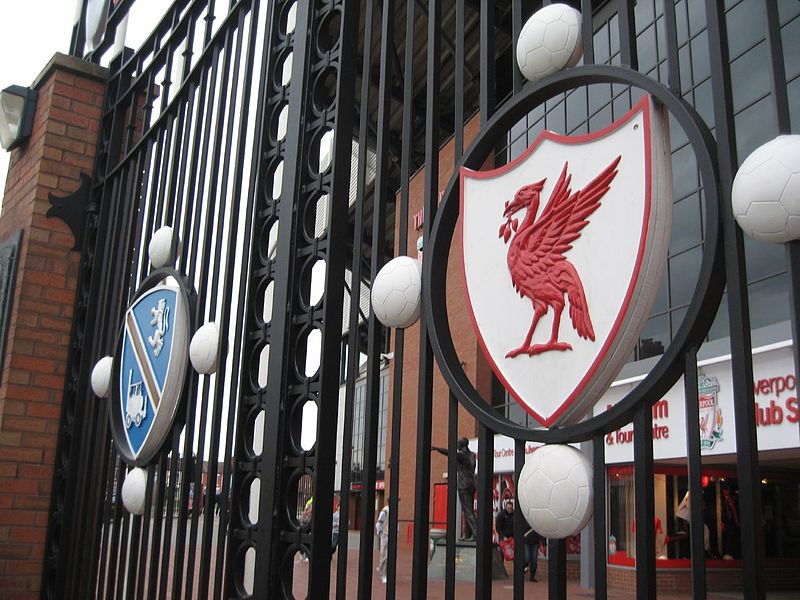
At the end of the 1982-1983 season, having seen the club win the First Division and the League Cup, Paisley decided that it was time to retire. He had spent 44 years at Anfield in various different guises, but things didn’t end there as far as his association with Liverpool was concerned.
He served as a Director until he decided to retire from that role in the early part of 1992 due to ill health. In his early 70s, Paisley had shown signs of Alzheimer’s disease, forgetting his way home when driving back there from Anfield after matches or time spent carrying out his duties.
“This is what Liverpool Football Club fans means by YOU WILL NEVER WALK ALONE.
The statue outside Anfield is a tribute to the famous picture from 29th April 1968 in a 1-1 draw v Tottenham showing an injured and bloodied Emlyn Hughes being carried off by Bob Paisley who was at… pic.twitter.com/t5CC3CXgyE
— Ozor Ndi Ozor (@eemmanuels4) November 6, 2023
He moved into a nursing home in 1996, but died several weeks later on the 14th of February. He was 77 when he died, being buried in the churchyard of St Peter’s Church in Woolton, Liverpool. He was survived by his wife Jessie, who he married in 1946, as well as two sons and a daughter.
He was honoured at Anfield with the opening of the Paisley Gateway, which was a companion piece to the Shankly Gates. In January of 2020, a statue of Paisley carrying Liverpool captain Emlyn Hughes off the field was unveiled outside Anfield bearing the following quote:
“This Club has been my life; I’d go out and sweep the street and be proud to do it for Liverpool FC if they asked me to.”
A wealth of former players attended the unveiling of the statue, including Kenny Dalglish, Phil Thompson and Ian Rush. The Chief Executive of the club at the time, Peter Moore, said it was a ‘fitting tribute to his legacy’. There is an argument that his legacy also includes what happened next, with Joe Fagan having been part of both his and Shankly’s backroom team.
He also served as something of an informal advisor to Dalglish when the Scot was given the job as player-manager in 1985. He took what Shankly did and pushed it even further, winning almost everything there was to win.
Bob Paisley’s Honours List
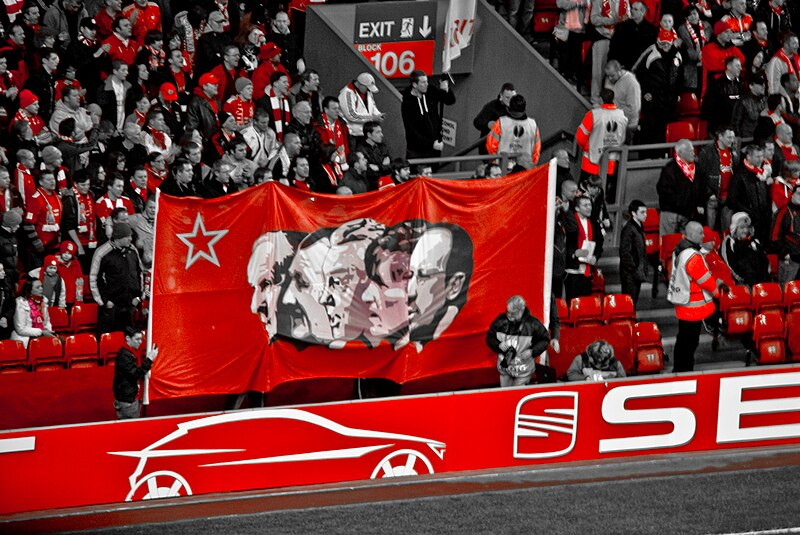
When Bob Paisley retired as Liverpool manager, he did so having won 308 of the 535 games he took charge of. He had a win percentage of 57.57%, being top of the list of Liverpool managers in terms of titles, European Cups and League Cups won.
Here is a look at the major trophies that he won as manager of the Reds:
- First Division: 6
- European Cup: 3
- League Cup: 3
- UEFA Cup: 1
- UEFA Super Cup: 1

